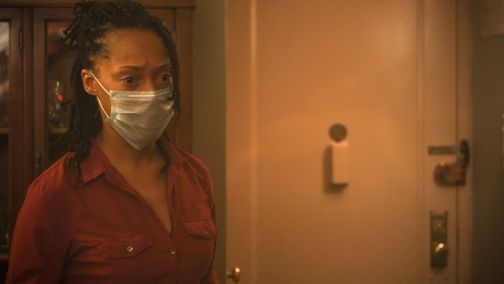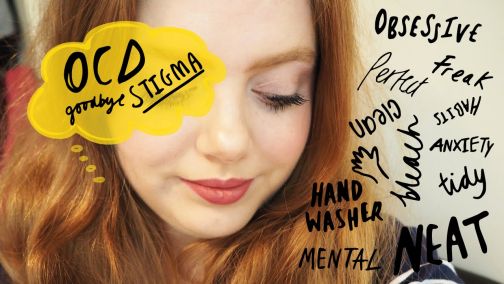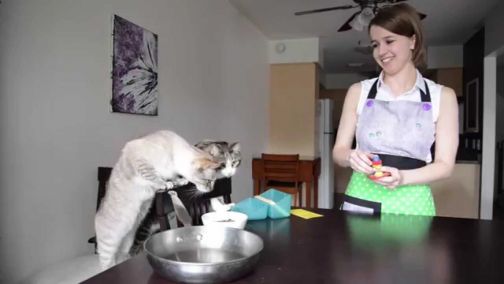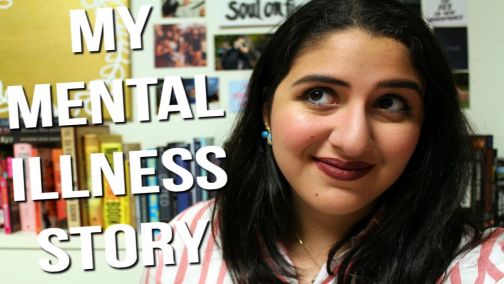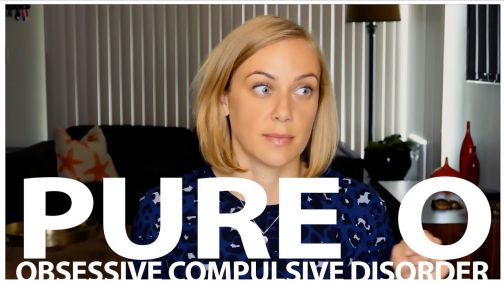Living with Contamination OCD
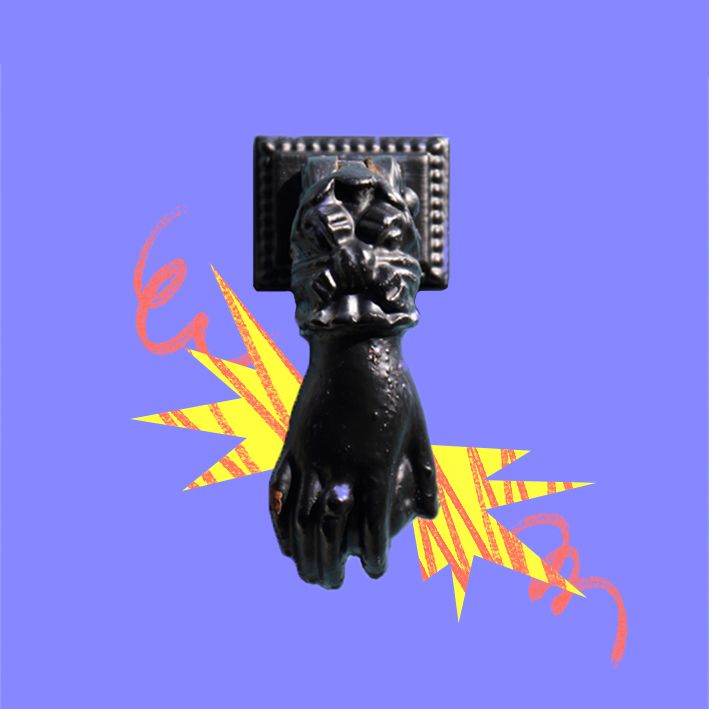
What’s going on?
Contamination OCD is a well-known subset of OCD whereby sufferers are terrified that they might become contaminated by germs or get sick. 25% of OCD sufferers in the U.S. have it, and it’s the most common subset of OCD in the world.
The most common obsession associated with Contamination OCD is fearing you’ll get a terminal illness like AIDS or cancer. Everyday situations like touching door handles and subway poles, or sharing a glass of water, can make you extremely anxious. You’re also scared that someone else who’s touched these objects could be contaminated.

What is Contamination OCD?
Dr. Phillipson defines and discusses Contamination OCD.
Common Contamination OCD obsessions:
- Fear of getting AIDs or other serious diseases.
- Fear that someone you love will die from germs.
- Fear of coming into contact with potentially harmful things like viruses, bacteria and bodily fluids.
Common Contamination OCD compulsions:
- Avoidance: Avoiding objects, places and people that you fear could threaten your health.
- Protection: Wearing gloves or using paper towels to try and stop germs from touching your skin.
- Excessive Washing: Repeated or overlong showering, hand-washing, using antibacterial soap or heavy-duty cleaning products on your skin.
- Excessive health testing: Repeatedly getting tested for diseases like AIDS or STDs to be absolutely certain that you’re healthy.
Common misconceptions about Contamination OCD:
- That everyone with OCD has Contamination OCD. In fact, many people with OCD have no contamination fears whatsoever.
- That people with Contamination OCD are very fussy, uptight or super-organized.
- That people might start to believe in their illogical concerns.
Related Reading
- 15 Signs That You Might Have Contamination OCD
- Talking Metaphysical Contamination OCD with Dr. Steven Phillipson
- Visualizing Pure O: An Interview with Martha Lamont
- How to Find a Pure OCD Expert
- Pure O: An Exploration into a Lesser-known Form of OCD
- NHL-Star Corey Hirsch Opens Up About His Battle with Pure OCD
- Intrusive Thoughts, Pure O and More with Dr. Steven Phillipson, PH.D.
- Characterizing Pure O
How Do I Know it’s OCD?
Everyone gets intrusive thoughts, but having them doesn’t mean you have OCD. For people who do have OCD, these thoughts can be debilitating, causing extreme anxiety and discomfort. No matter how hard you try to get rid of them, they won’t go away. People with Contamination OCD experience anxieties that go far beyond what is considered normal. Their fears are much more severe than the usual “I don’t want to get sick” or “That surface is really dirty” concerns.
Everyday Examples:
- Your roommates are always touching everything: the refrigerator handle, the faucet, the bathroom light switch. You can’t touch any of those things without putting your sleeve over your hand.
- You take the bus to work. Most of the time, you never get a seat, so you’re forced to hold on to the pole. You use a tissue so your hand doesn’t directly touch it.
- At work, you disinfect your entire desk every morning, just in case a cleaner has touched your things overnight.
How can my family help my Contamination OCD?
When family members and friends become aware of your OCD, they’re often tempted to offer reassurance. For example, your mom might tell you there’s no way you can catch AIDS from the faucet. She might even clean it for you. Unfortunately, enabling you in this way can actually make your OCD worse. Involving your family in therapy can be a good way to help them understand the do’s and don’ts of the disorder, and create a game plan for helping you at home.
Is Recovery Possible for Me?
Yes! People with Contamination OCD can get much better through Exposure Response Prevention Therapy (ERP). ERP is when you voluntarily expose yourself to the source of your fear over and over and over again, without acting out any compulsion to neutralize or stop the fear. By repeatedly facing something you’re afraid of, you force your brain to recognize how irrational it is.
Examples of ERP treatment:
- Your therapist may ask you to make a list of things you’re afraid of like touching door handles or not washing your hands. Your therapist may then ask you to rank the things on the list by how anxious they make you feel.
- Then, you’ll start the exposure exercises starting with the relatively low-level anxiety tasks.
- The tasks will become more challenging as you move down the list. Soon, you might be doing things like handing a homeless person a quarter or touching the faucet in a public bathroom.
There are other treatment options as well. Mindfulness-based Cognitive Behavioral Therapy, also known as CBT, teaches people to identify, understand and change negative thinking patterns and behaviors. Patients are taught problem-solving skills during therapy lessons and then instructed to practice them on their own time in order to build positive habits.
Can medication help?
Medication can help alongside ERP, but it shouldn’t replace it. Doctors should always be consulted before considering medicinal options.
The main family of medicines used to treat OCD are known as Selective Serotonin Reuptake Inhibitors, or SSRIs. SSRIs enhance your natural serotonin activity and are used to treat major depressive disorders and anxiety conditions. Examples include Lexapro, Prozac, Paxil and Zoloft.
What is the goal of therapy?
Some people with Contamination OCD recover completely through ERP. But for many, their obsessions never fully go away. OCD recovery has more to do with managing the condition, than it does with eliminating it. However, that doesn’t mean you can’t lead a healthy, happy life. By prioritizing treatment and positive lifestyle habits, sufferers often gain confidence and freedom. Even if some anxiety is still present by the end of therapy, you’ll no longer feel debilitated by the condition.
If you suffer from OCD, you have a severe anxiety disorder. But it can be treated. Start by getting educated and making healthy living choices. Then find a clinical psychologist in your area who specializes in OCD and Exposure Response Prevention (ERP).
From the Community
Support our work
We’re on a mission to change how the world perceives mental health.
